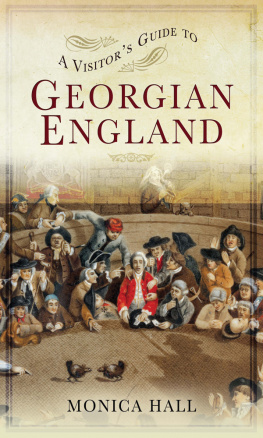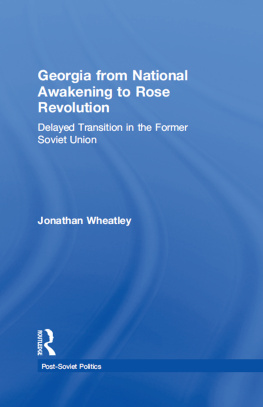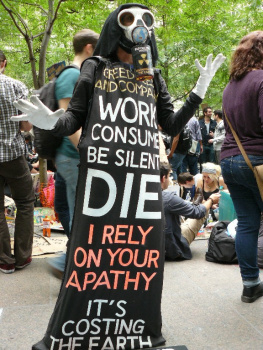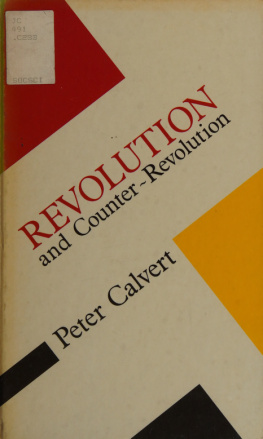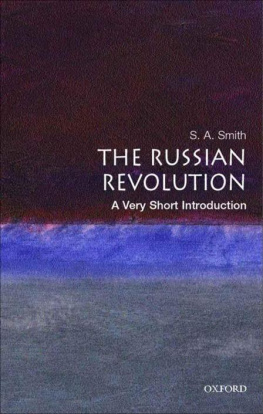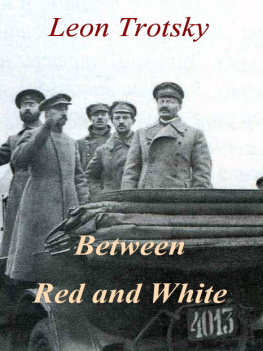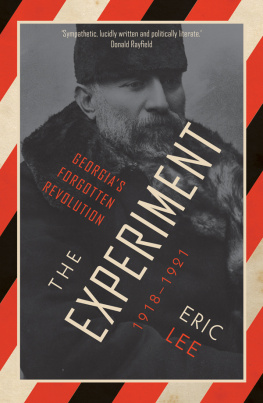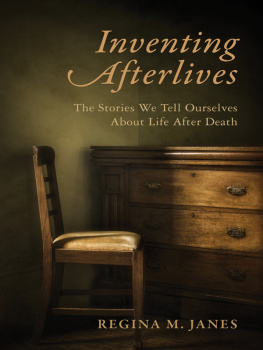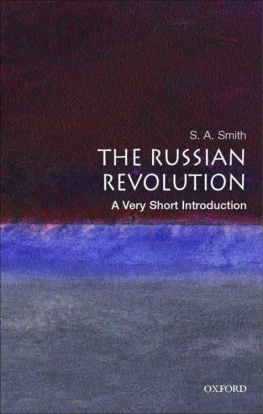CONTENTS
We would like to dedicate this book to coincidence, which, from 2004 up until publication, has been a guiding principle. That, and Ann Louise Slot (who will know why).
Also by the authors
Martin Demant Frederiksen:
Young Men, Time, and Boredom in the Republic of Georgia.
Philadelphia: Temple University Press,
Ethnographies of Youth and Temporality Time Objectified.
Philadelphia: Temple University Press, 2014 (co-edited with
Anne Line Dalsgaard, Lotte Meinert and Susanne Hjlund)
Ethnographies of Grey Zones in Eastern Europe Borders, Relations
and Invisibilities. London: Anthem Press, 2015 (co-edited with
Ida Harboe Knudsen)
Katrine Bendtsen Gotfredsen:
Evasive Politics: Paradoxes of History, Nation and Everyday
Communication in the Republic of Georgia. PhD Dissertation,
Department of Anthropology, University of Copenhagen,
What people are saying about
Georgian Portraits
What happens after a revolution, when the bright and shiny finish has worn off its ideals? In this book, the fragmented and often paradoxical changes wrought by Georgias Rose Revolution appear in the form of killer mermaids, Stalin statues, Potemkin villages painted in candy colors and other surreal objects. Capturing the weirdness and the wonder of post-revolutionary Georgia, Frederiksen and Gotfredsen also capture peoples very real struggles to get by, their fears of war and their dreams of a European future. Beautifully and hauntingly written, this book captures not only Georgias politics, but its soul.
Elizabeth Cullen Dunn, author of Privatizing Poland: Baby Food, Big Business and the Remaking of Labor
Revolutions are as much made of dreams as real events, and these dreams have afterlives as ghosts as the revolutionary hope fades into disappointment or despair. Writing the history of a revolutionary period is difficult, especially writing one that deals with the fundamentally emergent nature of a revolutionary period, as this one does, embracing the confusion of tenses in which the present is pregnant with the future and the future becomes a past as a condition of narration. This book tracks the lively history of Rose Revolutionary Georgia in a lovely and vivid manner, an engaging narrative full of lively characters, beginning always from small things and local perspectives that show the Rose Revolutionary period as a series of hopes and dreams, programs and disappointments. Misha Saakashvili appears throughout, sometimes as a real historical person, sometimes also an imagined demiurge, sometimes a fraudulent trickster. The ways a revolution changes a society are here portrayed from many perspectives, and the way the revolutionary dreams sometimes became haunting ghosts shows how a single moment can become a whole period of social life.
Paul Manning, author of Love Stories: Private Love and Public Romance in Georgia
This book is crafted as a compendium of tacit knowledge about Georgia, harboring an array of insights that capture the tensions and ambiguities of a country that finds itself back from the future and poised between assembly and disassembly. The image of the portrait is therefore very accurate, reflecting the make-believe realities and re-enactments faced by the authors. Thumbing through its pages, I discovered how anthropological variations can be interwoven through biographies, social affects and political afterlives. This type of scholarship is not only inspiring and informative, but also pleasure to read.
Georgia is a country for storytellers and vernacular Sisyphus of life, Martin Demant Frederiksen and Katrine Bendtsen Gotfredsen being the perfect examples of this contagious ardor. The intimate and sharp look achieved by the authors makes this collection an important milestone in the discussion of contemporary social dynamics in Eastern Europe and the understanding of the human condition overall.
Francisco Martnez, author of Playgrounds and Battlefields: Critical Perspectives of Social Engagement
Preface
In some ways, this all started during a month spent in desolate locations in Poland in January 2003, where we decided that we would at some point soon travel together to some place further south. Through a series of random events and decisions we ended up buying tickets that would bring us from Russia over Armenia to Georgia the following year. This journey became decisive in many aspects of our lives, among those being the hours, days and years of discussions that eventually came to form the basis of the coming pages.
Throughout the years following our first stay in Georgia, a number of institutions have financially supported the various trips and research projects upon which this book is based, including the Danish Council for Independent Research; The Ethnographic Collections at Moesgaard Museum; The Klaus Ferdinand Memorial Fund; The Department of Anthropology, University of Copenhagen; and the Oticon Foundation. Although the respective grants we received were aimed at different goals than this book, we would not have been able to write it without their generous support.
Elizabeth Cullen Dunn and Maria Louw were kind enough to comment on a very early draft of the first chapters. The outline of the book was presented at Free University of Tbilisi as part of the Free University Research Seminars. We would like to thank all the participants of this event for their comments and suggestions, and especially Tamta Khalvashi for arranging it. We would also like to thank Renee aleta Meroni, who hosted us in her wonderful house during a writing retreat in Croatia in the spring of 2016, and provided us with the perfect context for thinking through our material.
And finally, we owe our sincere gratitude to the wonderful people in Georgia who have shared their time, their friendship and their stories with us during the preceding 12 years. One of the goals of this book has been to put forth stories that would otherwise have gone untold, and it goes without saying that any responsibility for the contents of what follows is ours alone.
MDF and KBG, Croatia (and other places) 2016
Introduction
An Event
It started on a November evening in 2003 in a small country that few in the Western world knew much of. A man walked the streets with a mission. He was joined by thousands of people and, although he was not as such their leader, he told them to hold hands while they surrounded a building in a central part of the nations capital. After this he told them to disperse, which they did. They all met again in the following days, and, in the end, he and others in the group entered the building exclaiming Resign, resign! The building that was entered housed the parliament of the Republic of Georgia and the person he addressed was the president in office, Eduard Shevardnadze. The man himself was the young lawyer Mikheil Saakashvili, member of a coalition seeking to overthrow Shevardnadze by peaceful means. The event that was taking place would later be named the Revolution of Roses. According to one version the name was given because protesters had handed out roses to the soldiers assigned to stop them. In another account it was because Saakashvili held a rose in his hand as he entered the parliament building.


